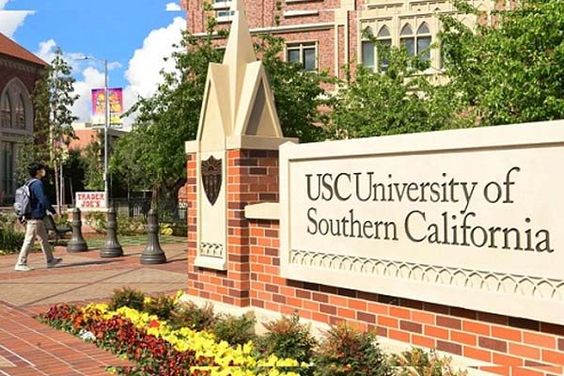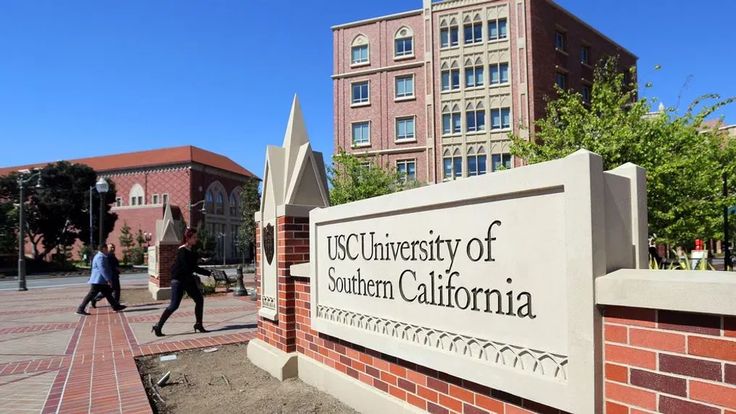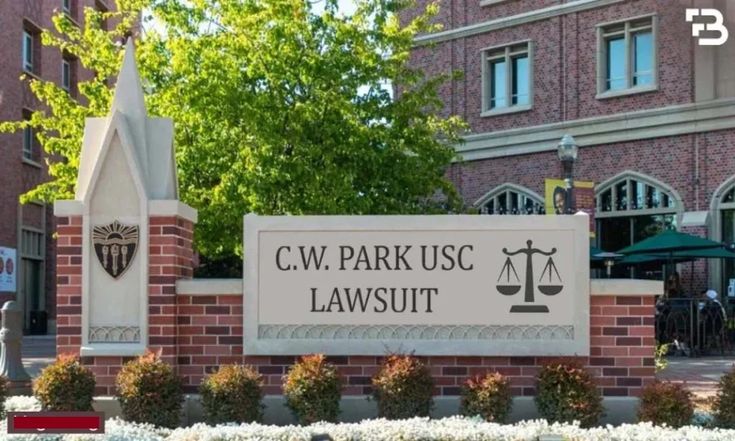Introduction
The felony warfare regarding C.W. Park and the University of Southern California (USC) has garnered giant interest because of its implications on instructional freedom, faculty rights, and college governance. This article aims to provide a complete assessment of the lawsuit, detailing the historical past, key issues, and capability influences of the case. Written in easy and clear language, this newsletter will assist readers in apprehending the complexities and importance of the C.W. Park USC lawsuit.
Background of the Case
Who is C.W. Park?
C.W. Park is a prominent professor recognized for his contributions to the sector of advertising. He has been related to the University of Southern California’s Marshall School of Business for decades. Over his tenure, Park has earned a reputation for his studies, coaching, and management inside the academic network.
The University of Southern California (USC)
The University of Southern California is a prestigious private research college positioned in Los Angeles, California. Known for its robust educational packages and influential alumni community, USC has long been taken into consideration as a main organization for better training. The Marshall School of Business, where Park is a school member, is especially famous for its commercial enterprise and marketing packages.

The Genesis of the Lawsuit
Initial Dispute
The lawsuit’s origins can be traced returned to a chain of disputes between Park and the USC management. These disputes reportedly worried troubles associated with instructional governance, administrative decisions, and Park’s position and obligations within the college. Tensions escalated through the years, leading to a breakdown within the courting between Park and the college management.
Filing the Lawsuit
In response to the escalating conflicts, C.W. Park decided to document a lawsuit against USC. The lawsuit alleges several breaches of agreement, wrongful termination, and violations of educational freedom and school rights. Park’s legal group argues that the college’s moves have no longer handiest harmed his expert recognition but also infringed upon his rights as a tenured professor.
Key Issues within the Lawsuit
Academic Freedom
One of the significant problems within the lawsuit is instructional freedom. Academic freedom is the principle that students have to have the freedom to teach, study, and express thoughts without worry of censorship or retribution. Park’s lawsuit claims that USC’s moves have violated this principle, thereby undermining the integrity of the academic surroundings.
Faculty Rights and Tenure
The case also highlights problems related to college rights and the tenure gadget. Tenure is a machine that provides professors with process protection and protects them from arbitrary dismissal, permitting them to pursue debatable or innovative research without fear of losing their positions. Park alleges that USC has now not upheld the protections and privileges associated with his tenured status.
Administrative Decisions
The lawsuit brings to mild numerous administrative choices made through USC that Park argues have been unfair and unfavorable to his profession. These choices consist of adjustments in his teaching assignments, reductions in studies aid, and exclusion from important departmental activities. Park contends that these moves have been part of a broader sample of retaliation and discrimination.
Legal Proceedings and Developments
Initial Court Filings
After Park filed the lawsuit, USC responded with its criminal protection, denying the allegations and maintaining that their moves were justified and within the bounds of university policy. The preliminary courtroom filings set the level for an extended prison war, with both sides getting ready to present their evidence and arguments.
Pre-Trial Motions and Hearings
The pre-trial segment has worried diverse motions and hearings, with every facet seeking to gain a bonus. Park’s felony group has pushed for the disclosure of inner university files, at the same time as USC has sought to push aside certain claims and limit the scope of the lawsuit. These pre-trial complaints are vital in shaping the course and capacity outcomes of the case.
Media Coverage and Public Opinion
The lawsuit has attracted tremendous media attention, with coverage in academic journals, neighborhood newspapers, and countrywide media stores. Public opinion has been divided, with a few supporting Park’s fight for academic freedom and others siding with the college’s right to control its college and sources.

Implications of the Lawsuit
Impact on Academic Freedom
The final results of this lawsuit may want to have tremendous implications for academic freedom across higher schooling establishments. A ruling in prefer of Park may additionally reinforce protections for faculty individuals, making sure they can engage in studies and teaching without undue interference. Conversely, a ruling in prefer of USC may give universities extra leeway in dealing with their faculty, probably on the cost of instructional freedom.
Faculty Governance and Tenure Policies
The case also has the capacity to persuade college governance and tenure regulations. If the court docket aspects with Park, it is able to prompt universities to study and in all likelihood improve their tenure protections and school governance structures. This should result in greater transparency and duty in administrative choices affecting tenured faculty.
Precedent for Future Legal Disputes
As a excessive-profile case, the C.W. Park USC lawsuit could set a felony precedent for destiny disputes between college participants and universities. The felony arguments and court rulings in this example will possibly be referenced in comparable court cases, shaping the panorama of better schooling law and policy.
Broader Context and Relevance
Trends in Higher Education
The lawsuit happens within a broader context of ongoing debates about the role and governance of better education institutions. Issues such as administrative overreach, the corporatization of universities, and the erosion of tenure protections were hot subjects in academia. The C.W. Park USC lawsuit exemplifies those broader traits and raises vital questions about the destiny of higher schooling.
Stakeholder Perspectives
Various stakeholders have weighed in at the lawsuit, along with academic institutions, college unions, and pupil organizations. Academic associations have emphasized the significance of upholding academic freedom, while faculty unions have expressed issues approximately the erosion of tenure protections. Student organizations have also voiced their evaluations, highlighting the impact of school-administration conflicts on the first-class of schooling.
Possible Outcomes and Their Consequences
Potential Resolutions
The lawsuit can be resolved in several ways. A agreement between Park and USC is one feasible final results, that may contain financial reimbursement and changes to college rules. Alternatively, the case may want to visit trial, resulting in a courtroom ruling that either upholds or dismisses Park’s claims.
Long-Term Consequences
Regardless of the final results, the lawsuit is in all likelihood to have long-time period effects for USC and different higher schooling institutions. It may prompt universities to re-examine their policies on faculty rights, tenure, and academic governance. The case could also inspire other college participants facing comparable issues to take felony movement, leading to further scrutiny and reform of college practices.
Conclusion
The C.W. Park USC lawsuit is a vast legal war with far-attaining implications for instructional freedom, college rights, and college governance. As the case unfolds, it will not only impact the parties immediately concerned however also affect broader developments and policies in higher schooling. By know-how the important thing issues and capacity consequences of this lawsuit, we will better respect the demanding situations and opportunities going through academia nowadays. In end, the C.W. Park USC lawsuit serves as a essential reminder of the significance of protecting instructional freedom and ensuring honest and transparent governance in our universities. It underscores the want for ongoing vigilance and advocacy to uphold the values which might be essential to better training. As this situation progresses, it’s going to surely continue to shape the conversation approximately the rights and obligations of each college and college directors, highlighting the delicate stability that ought to be maintained to foster a colourful and dynamic educational surroundings.

